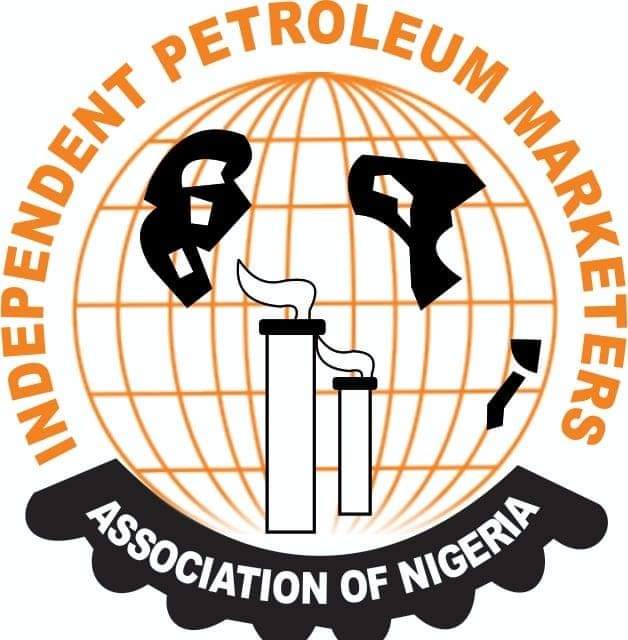The Independent Petroleum Marketers Association of Nigeria has accused the Nigerian Midstream and Downstream Petroleum Regulatory Authority of failing to clear long-standing debts inherited from the defunct Petroleum Equalisation Fund, warning that any further delays could trigger disruptions in fuel supply.
Proceedings from a meeting of IPMAN’s National Executive Council in Abuja, obtained by our correspondent on Wednesday, showed that the association expressed frustration over what it described as the NMDPRA’s “unfulfilled promises” to settle verified claims owed its members for over three years.
The National President of IPMAN, Abubakar Maigandi, said the association had exercised patience “beyond reasonable limits,” recalling that it suspended an earlier planned strike following assurances from the regulator that payments would be made promptly.
Maigandi said, “It is nevertheless sad to note that the NMDPRA has yet refused to heed her promise to offset the debt owed to our members from the defunct Petroleum Equalisation Fund. It is no longer news that we have patiently engaged the management of the NMDPRA for over three years for them to offset this debt.
“In our last ultimatum, we were pressured by highly placed Nigerians to call off our threats to embark on a strike, after which the NMDPRA promised to clear the backlog in a short period. However, up till this moment, the majority of our members have yet to receive their payments.”
He called on the Minister of State for Petroleum Resources (Oil), Heineken Lokpobiri, to intervene and ensure the immediate clearance of the backlog, warning that any further delay “may leave us with no option.”
“Consequently, I am calling on the Minister of State for Petroleum Resources (Oil), Mr Heineken Lokpobiri, to kindly intervene and direct the NMDPRA to clear these long-overdue debts, as any delayed failure may leave us with no further option.”
In a telephone interview, Maigandi said the association had not yet issued a fresh ultimatum but noted that the unpaid claims remained a persistent burden on marketers operating under tight margins. He explained that the exact amount owed would be confirmed after a reconciliation meeting scheduled for this week.
“We are still in touch with them, but the NMDPRA, up till now, has debts that haven’t been settled. We have started engaging them. No, not yet, we are not giving an ultimatum, because this is a festive period and we don’t want anything that will disrupt fuel supply. We don’t know the figure yet, until we make a reconciliation, maybe this week, when we meet, we will confirm the amount,” he said.
The debt in question dates back to the operations of the Petroleum Equalisation Fund (Management) Board, a government agency established to reimburse petroleum marketers for the cost of transporting petrol and diesel across the country.
The equalisation scheme, funded through a levy on every litre of petrol sold, was designed to keep pump prices uniform nationwide by compensating marketers who transported products to distant or difficult-to-reach locations.
However, years of unresolved claims, poor verification systems, rising logistics costs, and backlogs created a substantial pile-up of outstanding reimbursements owed to independent marketers.
Repeated efforts to reach the Director of Public Affairs, NMDPRA, George Ene-Ita, for comments over the issue were unsuccessful as the official didn’t respond to phone calls made to his number.
Meanwhile, IPMAN commended the Nigerian National Petroleum Company Limited for what it described as timely action in resolving outstanding liabilities owed to marketers.
Maigandi praised the new NNPC Limited management led by Bayo Ojulari for treating marketers’ claims with urgency, noting that the company had begun compiling names of marketers with pending obligations and facilitating product loading once balances were paid.
“The new NNPC Limited management has shown true assurance towards collaborating with our association,” he said. “They have started compiling marketers’ names and asking them to make balance payments and load products. That is why I praised them.”
IPMAN also reiterated its support for the Dangote Refinery, arguing that direct access to petrol from the facility could reduce nationwide pump prices and stabilise the market.
“We believe the Dangote Refinery came at the most critical time in our nation’s history, and it befits every stakeholder to work towards ensuring its success,” Shettima said. “Getting PMS products directly from the refinery will positively impact Nigeria’s economy through decreased pump prices.”
The IPMAN leader also defended the removal of fuel subsidy by President Bola Tinubu, insisting that it had saved the country billions of naira while creating openings for new investments in refining and distribution infrastructure.
“As an association, we have pledged our commitment to the oil and gas programmes contained in the Renewed Hope Agenda,” he said. “The subsidy removal not only saved Nigeria hundreds of billions but opened up dynamic opportunities, one of which is the advent of the Dangote Refinery.”
He urged members to unite and embrace emerging opportunities in the upstream and midstream segments of the petroleum industry. “We can only tap into these opportunities when we unite. IPMAN belongs to everybody. Together we can make extraordinary progress.”















